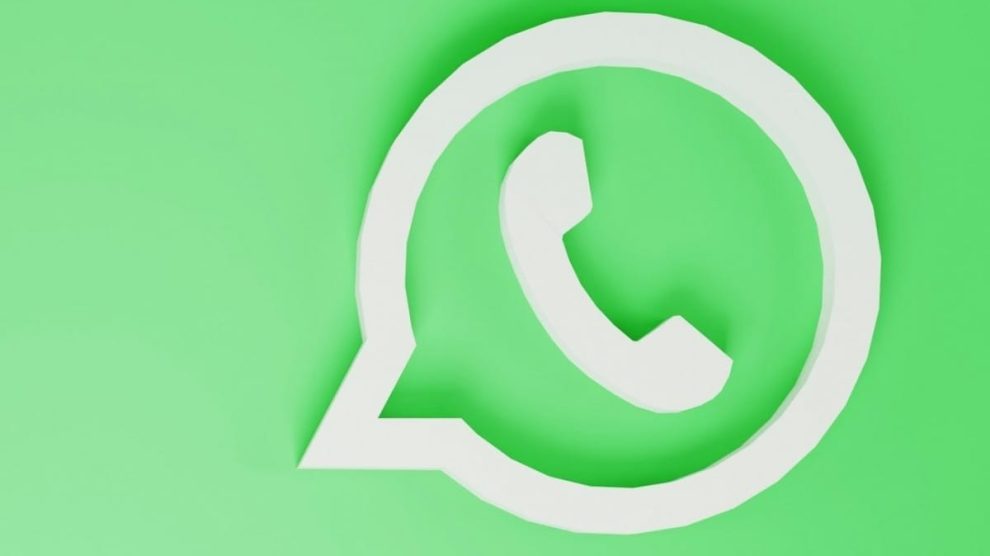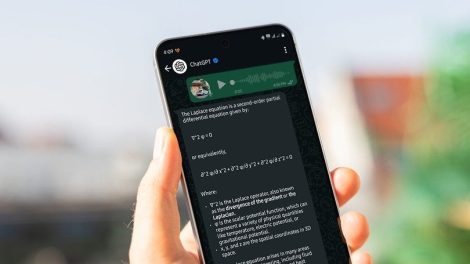WhatsApp, one of the world’s most popular messaging platforms, is set to end support for older Android devices starting January 1, 2025. This decision will impact users still relying on outdated versions of Android to access their WhatsApp accounts, signaling the app’s ongoing commitment to prioritizing security and optimal functionality over backward compatibility. With this change, millions of users may need to upgrade their devices to continue enjoying the messaging app’s features. This shift underscores how technology evolves rapidly, with older systems gradually becoming obsolete as developers focus on leveraging newer capabilities for enhanced user experiences.

If you are among those using an older Android device, this development could significantly affect your ability to stay connected with friends, family, and colleagues. WhatsApp has a history of discontinuing support for aging platforms, primarily because maintaining compatibility with outdated software often limits the scope of innovation and creates security vulnerabilities. By restricting its services to devices running newer Android versions, WhatsApp ensures that users have access to the latest features while minimizing the risks associated with cyber threats.
This decision to end support is part of a broader trend in the tech industry where apps and services regularly update their minimum system requirements to stay aligned with modern operating systems. As developers release updates, these are often tailored to take advantage of newer hardware capabilities, including faster processors, enhanced graphics, and improved memory management. Supporting older devices can limit these improvements, potentially compromising the overall user experience. By phasing out support for obsolete systems, WhatsApp is effectively encouraging users to upgrade their devices to benefit from the enhanced functionality and security that newer systems offer.
For users who rely on older Android phones, this transition might seem inconvenient, especially if upgrading your device isn’t immediately feasible. However, it is essential to understand the rationale behind such decisions. Older operating systems often lack the necessary updates to protect against emerging cyber threats. Over time, they become vulnerable to exploits, putting user data at significant risk. By requiring users to update to newer platforms, WhatsApp helps mitigate these risks, ensuring that your communications remain private and secure.
The versions of Android affected by this change are those that have not received significant updates for years. Although WhatsApp hasn’t released an exhaustive list of unsupported devices, it is common for platforms to discontinue support for operating systems that have fallen out of maintenance by their developers. For context, Android versions below 5.0 (Lollipop) are already unsupported by many popular applications. Devices running on these older versions often face compatibility issues with new software, making it challenging for developers to deliver a seamless experience.
To give you a better understanding of how many users this decision might impact, data from recent years indicates that a relatively small percentage of Android users are on outdated systems. According to Google’s own metrics, most Android users have transitioned to newer versions, leaving only a fraction of devices running on legacy software. However, for those still using older phones due to financial constraints or personal preference, this change might feel abrupt.
If you’re unsure whether your device will be affected, it’s important to check your current Android version. You can do this by navigating to your phone’s settings, selecting “About Phone,” and then looking for the software version. If your device is running an older version of Android that will no longer be supported, you’ll need to consider your options to continue using WhatsApp. These options may include updating your phone’s software, if possible, or purchasing a newer device that meets WhatsApp’s updated requirements.
For users who choose to upgrade, several budget-friendly smartphones are available on the market, offering access to modern Android versions without breaking the bank. Manufacturers such as Samsung, Xiaomi, and Motorola regularly release entry-level and mid-range devices that come preloaded with the latest Android updates. These devices provide an excellent opportunity to access not only WhatsApp but also other applications that might have become incompatible with older operating systems.
In addition to upgrading your device, you may want to back up your WhatsApp data before January 1, 2025. The app provides an easy-to-use backup feature that ensures your chat history, media files, and other data are safely stored. You can back up your data to Google Drive if you’re an Android user, allowing you to restore your chats seamlessly on a new device. This step is particularly important if your current phone will lose WhatsApp support, as it ensures you don’t lose access to important conversations and files.
The end of support for older Android devices also has implications for businesses that rely on WhatsApp for customer communication. Small businesses using older devices to manage customer interactions may need to invest in newer phones to avoid service interruptions. Given WhatsApp’s popularity as a platform for business-to-customer communication, ensuring uninterrupted access is crucial. Upgrading to a device that supports newer Android versions not only allows businesses to continue using WhatsApp but also unlocks access to additional tools like WhatsApp Business, which offers features such as automated replies and detailed customer analytics.
For businesses and individual users alike, this change emphasizes the importance of staying up to date with technological advancements. While the transition may seem inconvenient in the short term, it ultimately fosters a more secure and efficient digital environment. By aligning with modern standards, you can enjoy improved performance, enhanced features, and greater peace of mind regarding your data’s security.
This development also raises broader questions about planned obsolescence and the lifecycle of technology. As devices and operating systems age, their ability to support new applications diminishes. While this encourages innovation and ensures a better user experience, it also creates challenges for those who may not have the resources to upgrade regularly. Addressing these challenges requires collaboration between developers, manufacturers, and policymakers to ensure that technological progress doesn’t leave vulnerable populations behind.
WhatsApp’s decision to stop supporting older Android devices starting January 1, 2025, represents a necessary step to maintain security and functionality in an ever-evolving tech landscape. For users affected by this change, upgrading to a newer device or operating system is essential to continue accessing the app’s features. While this transition may require an adjustment period, it ultimately aligns with the broader goals of enhancing security, performance, and user experience. By staying informed and proactive, you can ensure a smooth transition and continue benefiting from the connectivity that WhatsApp provides.










Add Comment